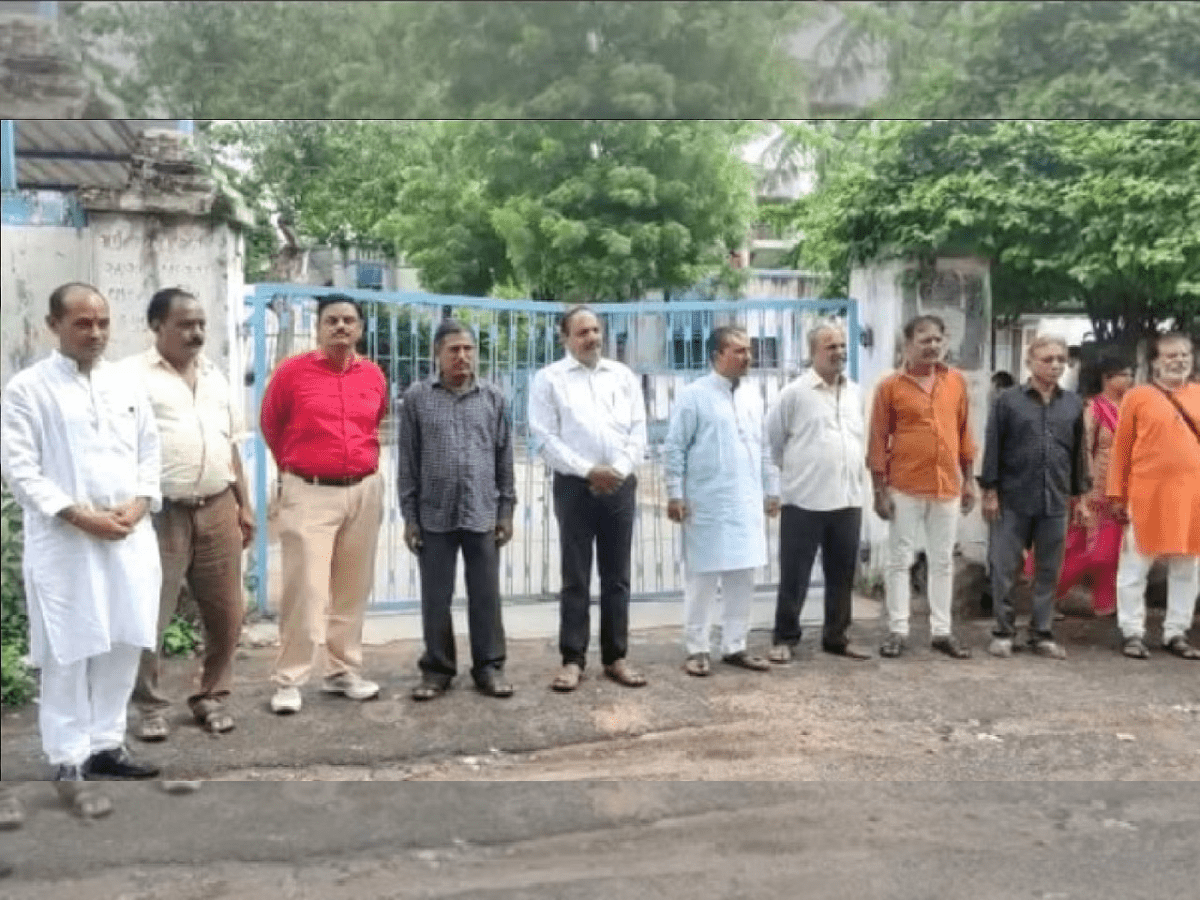
Senior Congress leader P Chidambaram took to Twitter criticising the panel members who granted remission to the 11 convicts in the Bilkis Bano gang rape and mass murder case. He claimed that the panel contained two MLAs from the ruling Bharatiya Janata Party (BJP).
C K Raolji and Suman Chauhan, the two MLAs in question; as well as Murli Mulchandani, who is one of the key witnesses for the prosecution in the Godhra train burning case were allegedly part of the panel.
The senior politician questioned if the decision to let the convicts go free came from a place of bias.
Chidambaram had earlier condemned the Gujarat government’s decision to release the convicts.
Taking a dig at Prime Minister Modi’s independence day speech that spoke about respecting women, he tweeted, “Nari Shakti vs Vinash Shakti has played out in Gujarat In granting remission to 11 persons convicted for gang rape, ‘vinash shakti’ has won in Gujarat.”
Eleven convicts who were sentenced to life imprisonment in the Bilkis Bano gang rape and mass murder case of the Gujarat riots were released on August 15 under the Gujarat government’s remission policy.
Their release sent shockwaves to the country due to the gravity of the crime they had committed twenty years ago.
Sources say that the remission was granted on consideration of jail time (which was 14 years), age, nature of crime etc.
One of the convicts, Radheshyam Shah, had approached the Supreme Court for a premature release.
Based on Shah’s plea, the Supreme court directed the Gujarat government to constitute a panel and look into his remission.
The panel, headed by the Godhra district collector Sujal Jayantibhai Mayatra, recommended the release of all 11 convicts. The Gujarat government granted the wish under the state remission policy.
Law of Remission in India
Remission means a deduction or forgiveness of a sentence imposed on a criminal by the courts. The law on remission is at the President’s or Governor’s discretion.
Once the remission order is passed, the courts have nothing to do with it.
There can be special cases where the Supreme Court gives indulgence but ultimately the final decision rests on the Governor or the President.
Remission is provided considering the age, health, background, antecedents, behavior, etc. of the convicts. The remission policy is different for different states. Sections 432 and 433 of the Criminal Procedure Code provide the power to the state government to grant remission. The Union government’s role in this issue is limited.
Centre’s proposal
The Modi government decided to grant special remission as part of its celebration of the ‘Azadi ka Amrit Mahotsav’.
The government has decided to release prisoners in three different phases – 15th August 2022 (75 years of Independence), 26th January 2023 (Republic Day), and 15th August 2023.
On June 10, the Ministry of Home Affairs sent a circular of detailed guidelines to all chief ministers, governors and administrators regarding the initiative.
According to the guidelines, those eligible for remission will include women convicts and transgender convicts of 50 years of age and above who have completed 50% of the total sentence period, male convicts of 60 years of age and above, physically challenged/disabled convicts with certified 70% disability who have completed 50% of their total sentence period, etc.
However, the guideline specifically mentioned that remission will not be granted to those serving life imprisonment or death sentence or persons convicted for an offence for which the punishment of death has been specified as one of the punishments.
Remission will also not be granted to those convicted for terrorist activities, dowry death, rape, human trafficking, POCSO, NDPS Act, the guideline from the Home Minister’s office stated.



